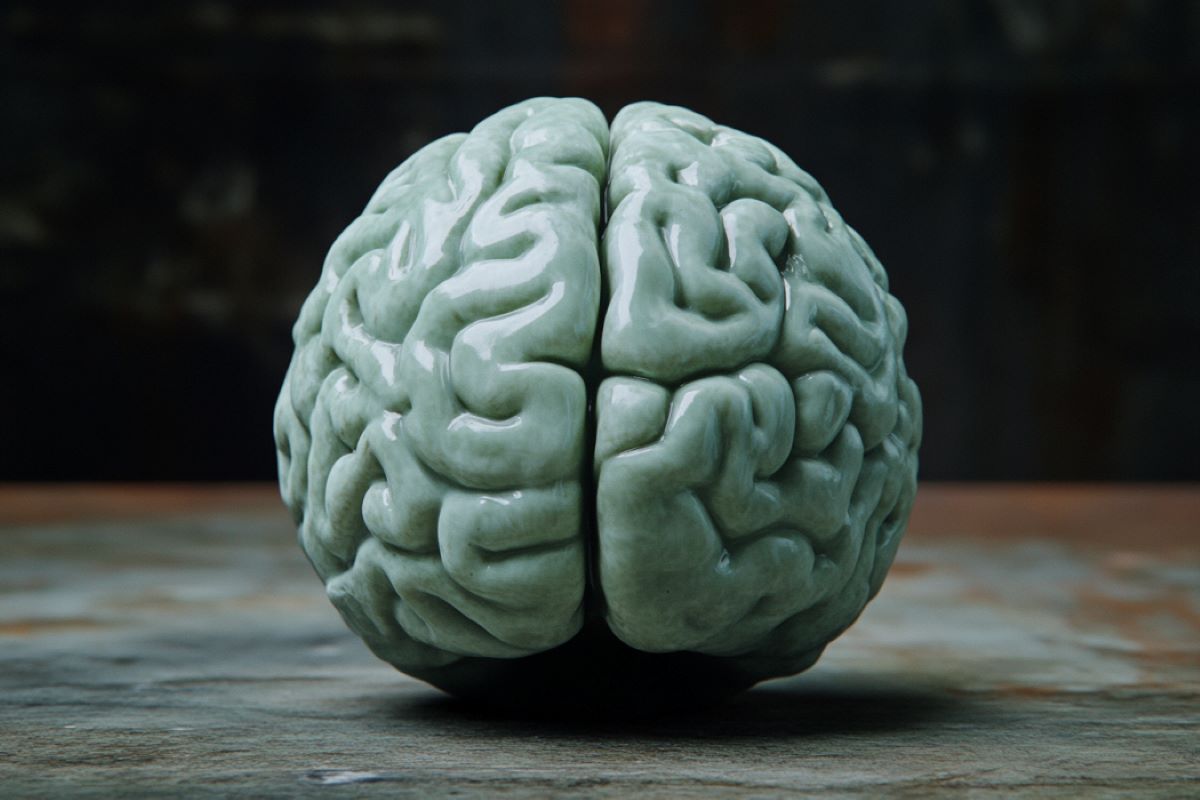Discover the Hidden Power of Astrocytes in Memory Retention
The Role of Astrocytes in Memory
The field of neuroscience has long focused on neurons as the principal players in memory retention. However, the recent discovery underscores astrocytes' significance in the neural tapestry that governs our memories. Astrocytes, once thought to be mere support cells, are now understood to actively participate in determining memory fate.

Manipulating Memory Retention
Through the innovative use of optogenetics—a technique utilizing light to control cells—researchers have been able to manipulate astrocytes in mice. This breakthrough method enables an in-depth examination of how memories are either consolidated or lost, offering promising insights into memory-related conditions like Alzheimer's.
"The new findings suggest that memory is not just a neuronal affair but a symphony orchestrated by various types of cells including astrocytes."
Implications for Neurodegenerative Diseases
The revelation of astrocytes’ roles opens new avenues for treating neurodegenerative diseases. By understanding how these cells influence memory, targeted therapies could potentially be developed. Continuous research in this area could redefine therapeutic strategies for conditions like dementia and PTSD.
Further Reading and Resources:
- Explore the fascinating world of neuroscience books on Amazon to deepen your understanding of the brain.
- For more insights, read the Nature article on cellular memory roles.
Stay Ahead with Latest Updates:
Follow leading neuroscientists on Twitter for up-to-date research findings and discussions in the field.
By deepening our understanding of how astrocytes affect memory, we stand at the forefront of innovative treatments and therapies that could revolutionize our approach to mental health and memory-related disorders. The future of neuroscience is as exciting as it is promising, with each discovery paving the way for a healthier, more informed world.
